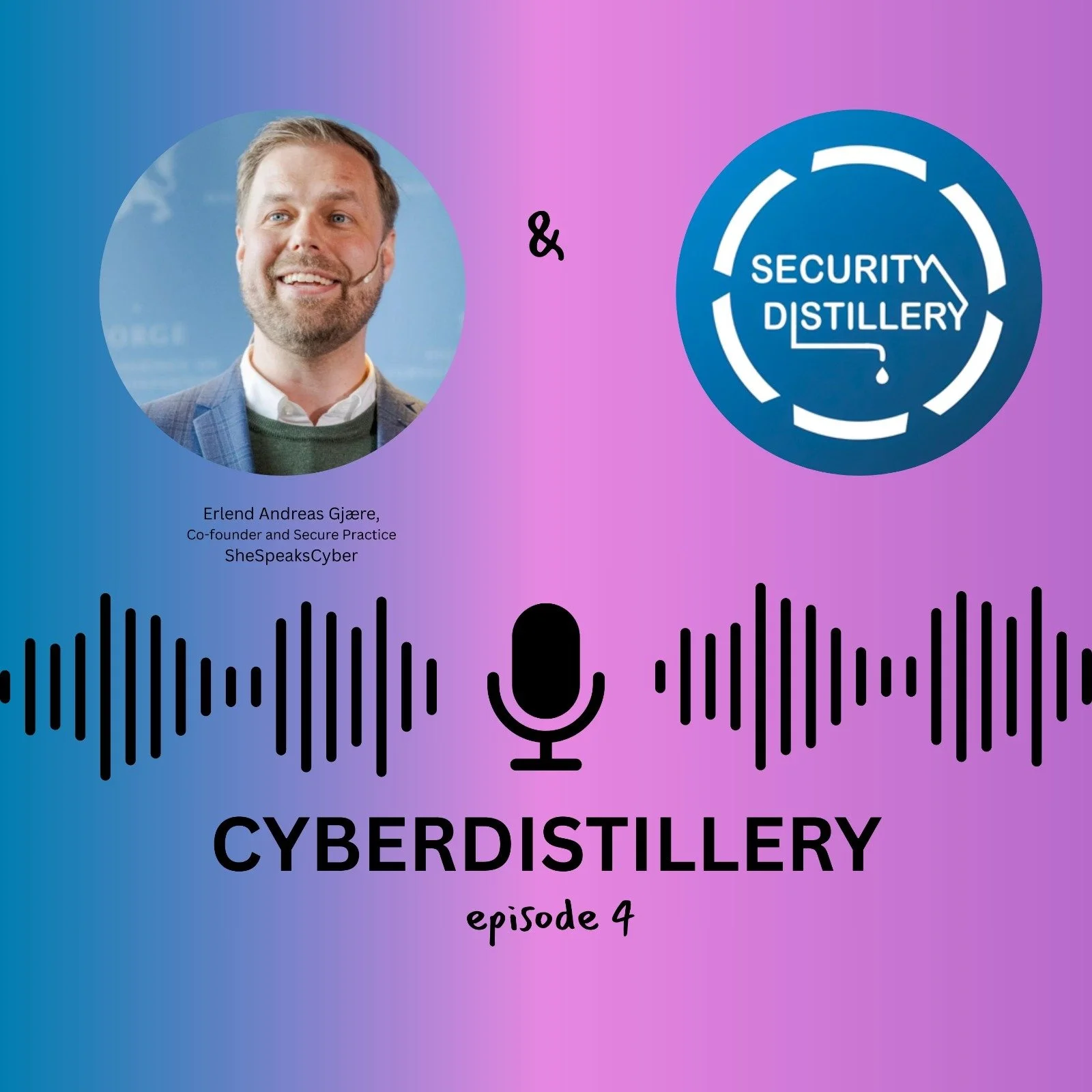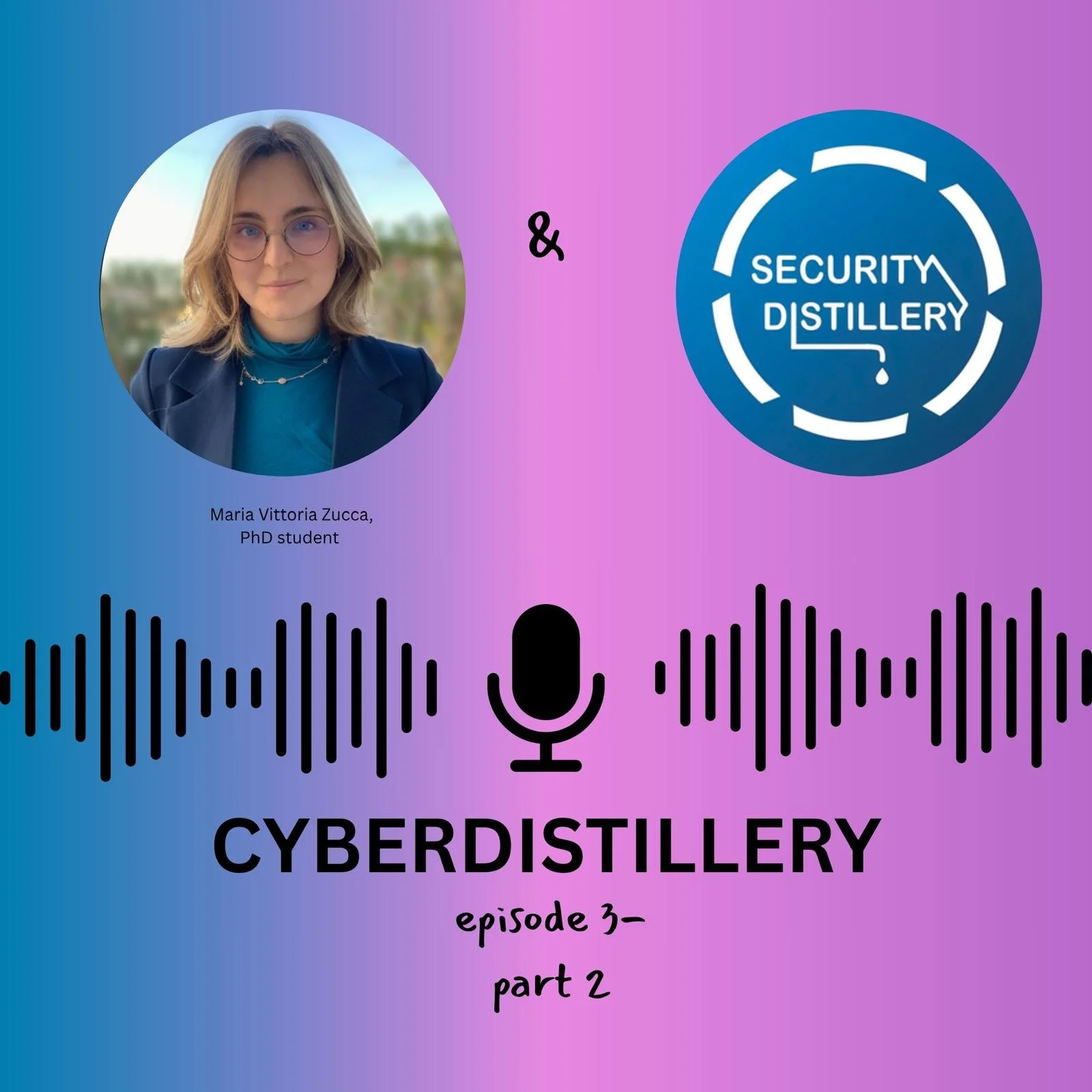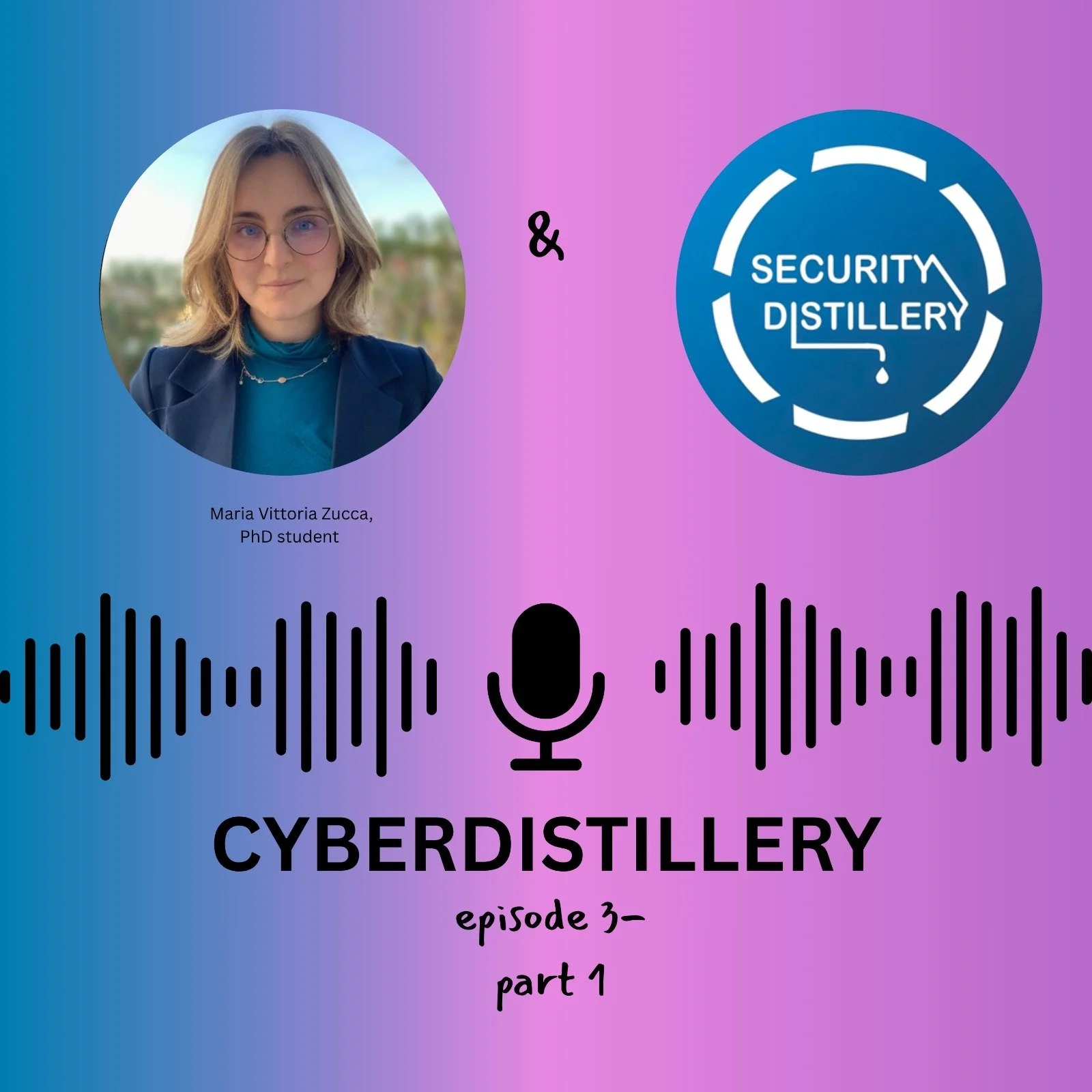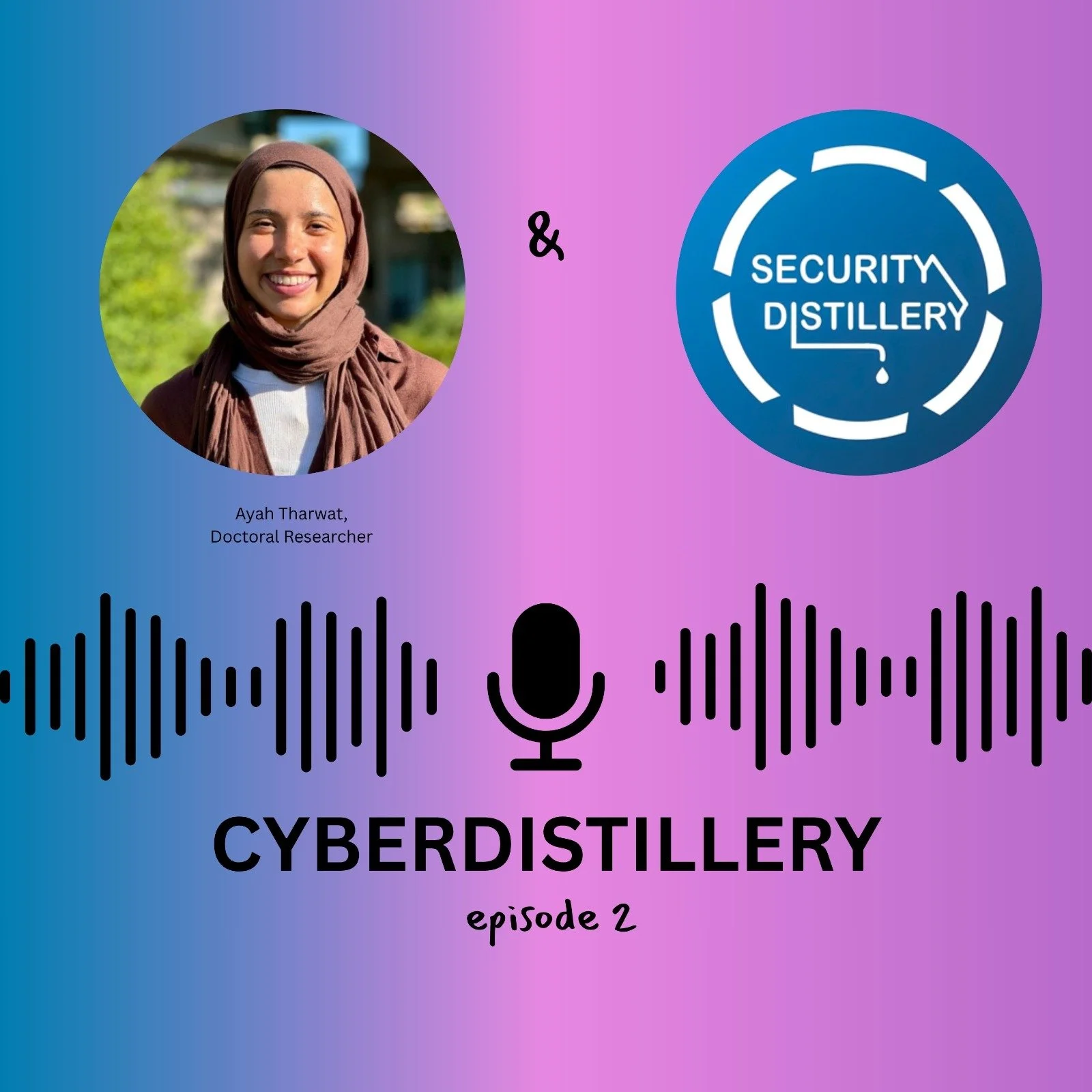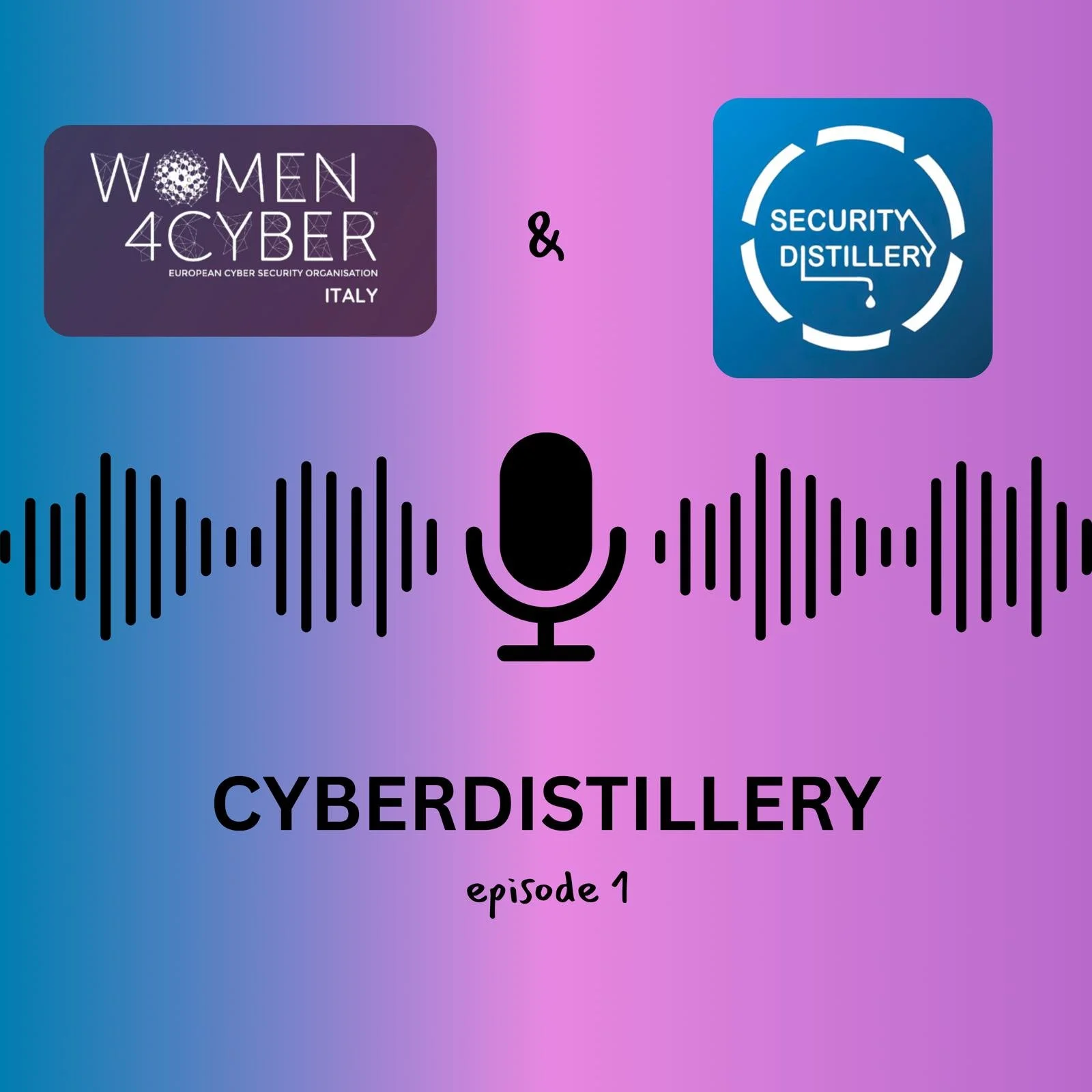In this episode of Cyberdistillery, Giuditta and Andrea explore the human factor in cybersecurity with Erlend Andreas Gjære, co-founder and CEO of Secure Practice, and creator of SheSpeaksCyber. Erlend emphasises that security is about people and processes, not just technology. Moreover, he discusses the importance of storytelling to make abstract threats tangible, scalable training for leaders and coordinators, and interactive disruption exercises to familiarise employees with the effects of a cyberattack. Together, they also talk about SheSpeaksCyber, Erlend's initiative to provide a directory for female cybersecurity speakers, working as a catalogue to propose themselves as speakers for conferences and for conferences to find them.
Find out more about the Security Distillery and follow us on Social Media: https://linktr.ee/thesecuritydistillery
For enquiries and feedback, contact us at: information@thesecuritydistillery.org
Hosts: Andrea Bussini, Giuditta Fiori
Editor: Andrea Bussini


